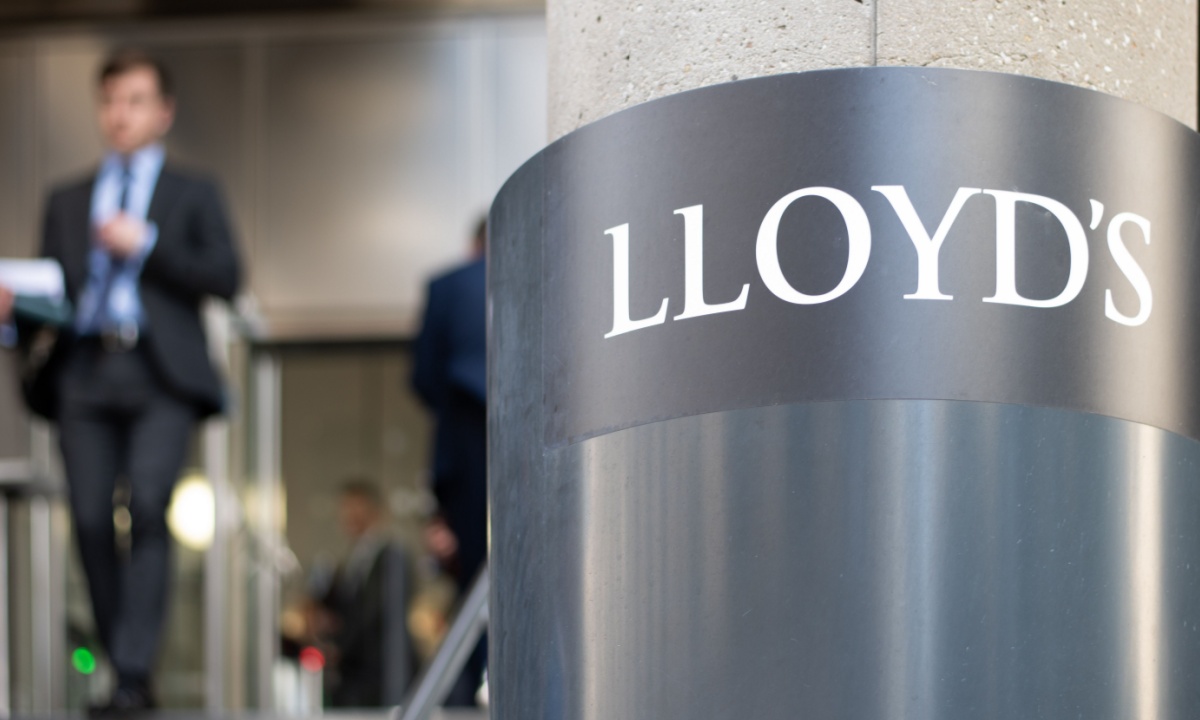
Lloyd’s of London, the global insurance marketplace, has launched a specialized insurance product aimed at covering companies against risks resulting from artificial intelligence (AI)-related malfunctions. The move comes amid increasing integration of AI into business operations and growing concerns about its potential vulnerabilities.
According to a report by the Financial Times, the new product enables policyholders to receive compensation in instances where an AI system fails or causes unintentional harm due to a malfunction that leads to financial loss. This marks one of the first efforts by a major insurer to quantify and manage the risks associated with rapidly advancing AI technologies.
The policy, underwritten by underwriting syndicates at Lloyd’s, offers customized plans based on the type of AI system used, how it is integrated into company infrastructure, and the degree of potential impact its malfunction could have on business operations. For example, companies using AI for automated decision-making, predictive maintenance, or customer service could purchase policies tailored to the possible failure modes of those specific AI activities.
This development is being seen as a significant step in commercial insurance adapting to emerging technological landscapes. As many enterprises increasingly rely on machine learning algorithms and advanced AI to make strategic decisions, errors or failures in these systems can lead to substantial real-world consequences—from financial losses and reputational damage to legal exposure.
By extending coverage to such incidents, Lloyd’s of London is setting a precedent for insurance providers to evolve in response to new categories of operational risk. The launch also aligns with broader trends in the insurance industry, which is actively exploring ways to address liabilities stemming from complex digital systems, including cyber risks and now AI functionality.
Experts say that such insurance offerings could become essential as regulations around AI use tighten and as customers and stakeholders demand greater accountability for AI-driven decisions. Companies adopting AI systems may view this insurance as both a safety net and a compliance measure in an increasingly data-regulated world.
Lloyd’s move also highlights the growing dialogue around the need for governance models, standards of accountability, and risk management frameworks to keep pace with technological advancements. This initiative is likely to spur additional insurance innovation focused on bridging gaps in emerging tech-related liabilities.
Source: https:// – Courtesy of the original publisher.








